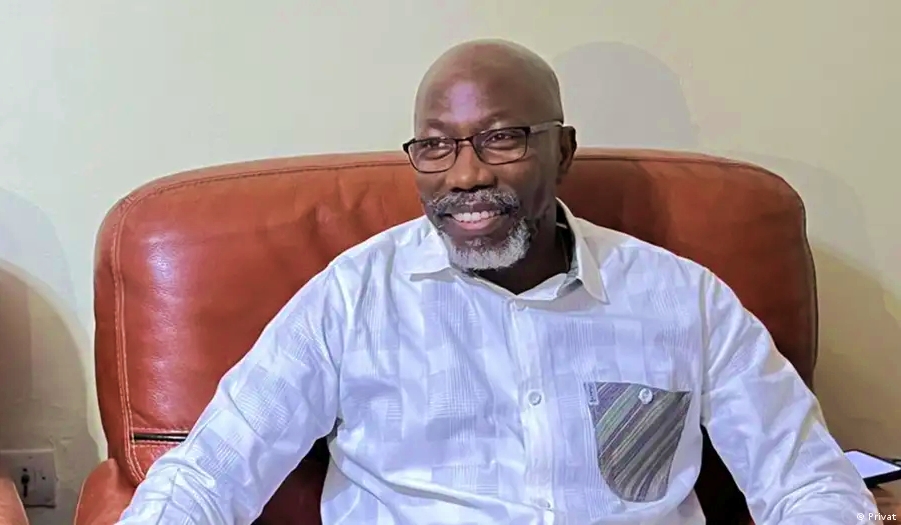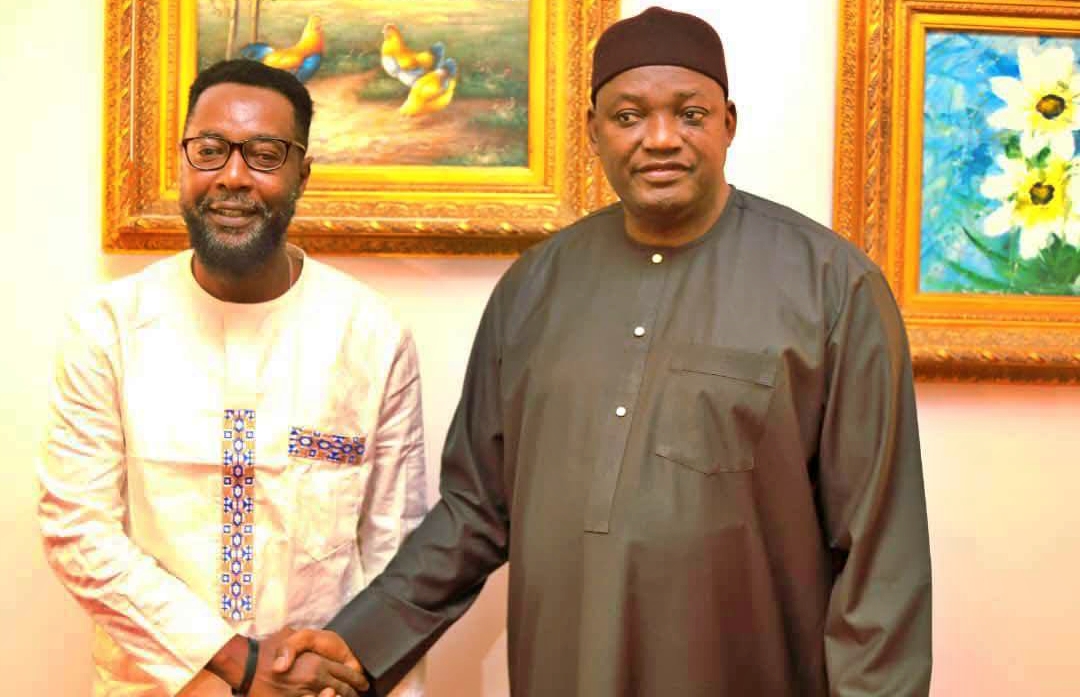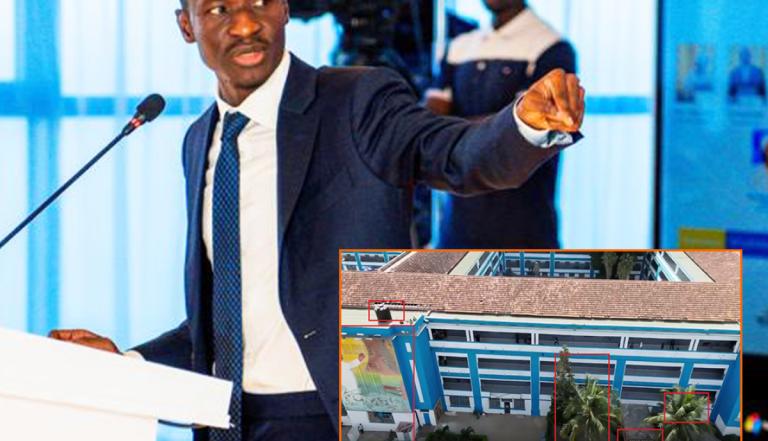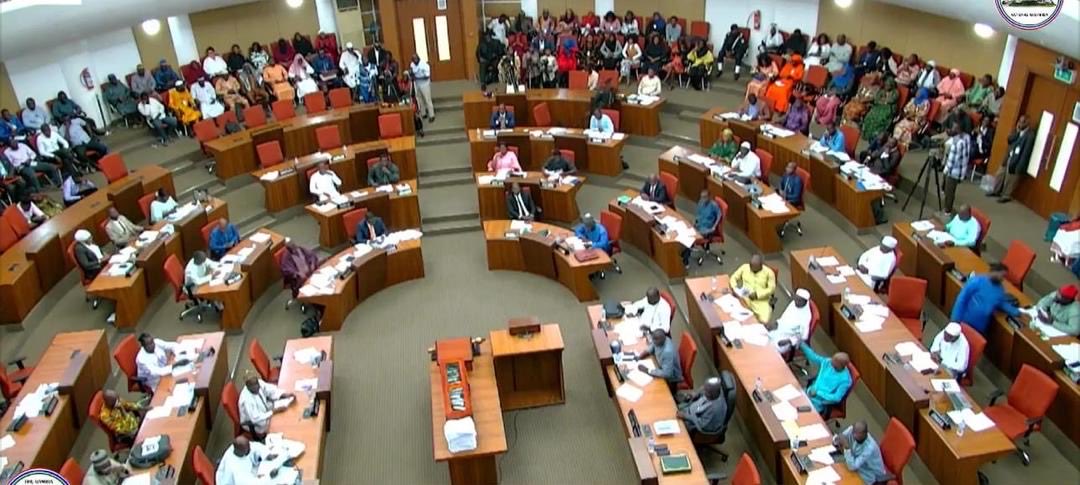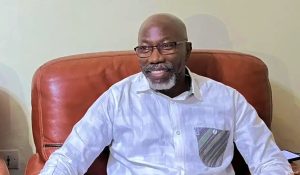Gambiaj.com – (BANJUL, The Gambia) – The National Assembly of The Gambia debated and narrowly adopted the resolution report of the Public Petitions Committee concerning serious allegations made against the Gambia Tourism Board (GT Board). The petition, filed by concerned staff of the Board, brought forward claims of graft, abuse of office, and controversial contract awards related to the construction of eco-lodges. These allegations were first raised in November 2023, when the then Tourism and Culture Minister, Hamath Bah, appeared before the National Assembly’s Public Petitions Committee.
Nearly nine months later, Parliament has reconvened to discuss the findings of the committee’s investigation. During the debate, Honorable Swaebou Touray, the member for Wuli East and Chairperson of the Public Petitions Committee, emphasized the need for the Ministry of Tourism to refrain from making unilateral decisions about the operations of the GT Board without involving its governing body.
The debate brought forward sharp divisions among the lawmakers. Several members, including Hon. Bakary K. Badjie of Foni Bintang, Hon. Musa Badjie of Tallinding Kunjang, and Hon. Omar T. Jammeh of Janjangbureh, called for immediate action in response to the findings. Their focus was on labor rights and the minister’s controversial salary deductions from GT Board staff during the COVID-19 pandemic.
“If we penalize other people for violating rules and ignore the minister’s error, it’s an absolute injustice,” remarked one lawmaker.
Additionally, questions arose about the procurement process, with claims that the Gambia Public Procurement Authority (GPPA) had mismanaged the awarding of contracts for five eco-lodges, all of which went to a single contractor. As of the debate, some of the contracts had yet to commence.
However, not all members were in agreement. Nominated member Fatoumata Jawara and Hon. Samba Jallow, member for Niamina Dankunku, expressed concerns about the findings and called for an independent inquiry. Jawara voiced her suspicions about the politicization of the issue, emphasizing the need for objective investigations to protect the rights of all Gambians.
As the debate heated up, Speaker Fabakary Tombong Jatta had to intervene multiple times to restore order. At the heart of the disagreement was the call for the immediate reinstatement and compensation of staff whose salaries had been reduced by 50% under the minister’s directive during the pandemic.
The debate took an unexpected turn when the chair and vice-chair of the Public Petitions Committee, who had been leading the inquiry, found themselves on opposing sides. This internal conflict further intensified the discussion, raising questions about the resolution’s credibility. Ultimately, the resolution was put to a vote, with 17 members voting in favor and 16 against—narrowly adopting the committee’s recommendations. Notably, the vice-chair of the committee voted against the resolution.
The heated discussions within the National Assembly have ignited a broader conversation about labor rights, transparency, and accountability in public service. The outcome of the debate, although divisive, could have far-reaching implications for governance and the tourism sector in The Gambia.
The resolution’s adoption now sets the stage for potential increased oversight and reforms within the GT Board.



